The River as Archive: On Habibur Rahman’s Ichamati
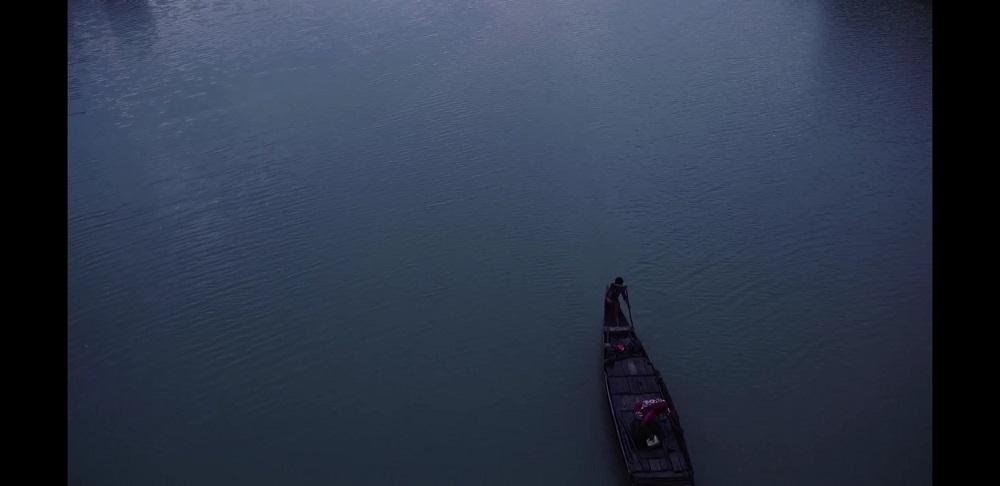
The Ichamati, a trans-boundary river flowing through India and Bangladesh, originates at Majdia village in the Nadia district of West Bengal. It is a life-sustaining tidal river that covers a distance of around 216 kilometres before discharging into the Kalindi River at Hasnabad. Most people who live along its banks consider the river to be the natural border between the two countries. This cultural and historical perception reflects the volatility of border-making and the “naturalisation" of national boundaries, which were previously held to be common ground for communities across the river looking for work or celebrating festivals together. Habibur Rahman’s The River of Partition (Ichamati, 2023) documents this riverine environment, the diverse communities that live around it, and the socio-historical role played by the river in the wake of the partition of India in 1947 and the creation of Bangladesh in 1971.
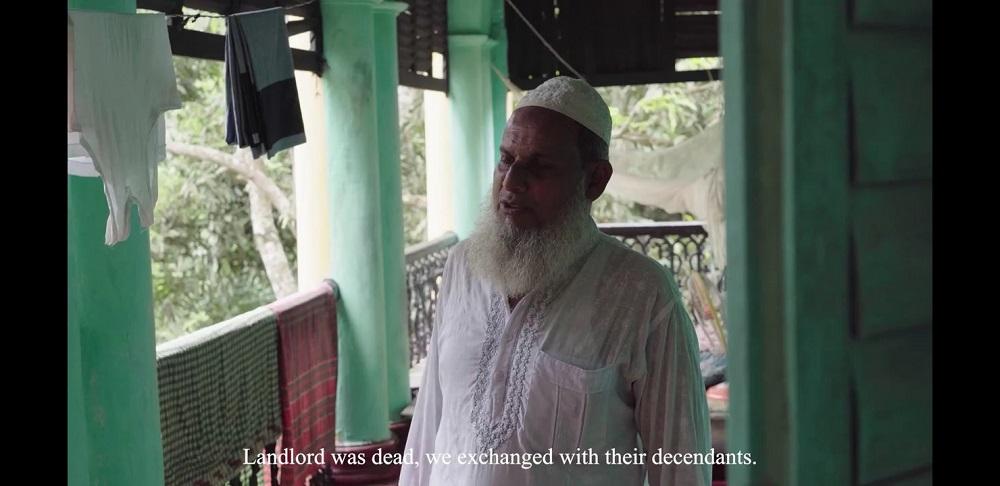
Even as the river silts up today, the nation-states of India and Bangladesh have imposed their own machinery to lock up the river and hinder the mobility that was traditionally afforded by it. For many of the inhabitants, an older feudal/zamindari order has simply been replaced by the modern bureaucratic state with its new sets of challenges and demands of documentation. Enforced violently by both countries, the people have had to adapt to newer ways of coexisting within the same economy. It is not just the river that is drying up but also the common store of memories and stories shared by the inhabitants.
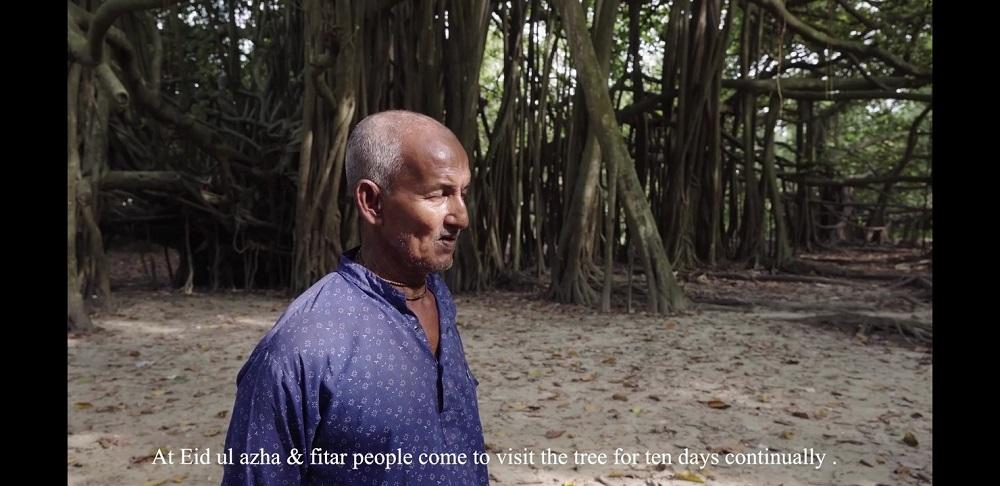
Like some of the other major rivers of Bengal that have assumed totemic qualities for the ways of life they represent, Ichamati has also been enshrined in literary texts like the eponymous novel by Bibhutibhushan Bandyopadhyay. Much like the film aspires to do, Bandyopadhyay’s novel amounts to an archive of environment and community, linked to his own memories of childhood. Descriptions of landscape assume a heroic, historical task in such works, considering how precarious they are and how close they are to disappearing soon. Parineeta Dandekar describes the novel as a “…museum of memory. A way of life next to a river that is almost extinct. The way life unfolds along the banks of Ichhamati makes us want to believe that tranquility and satiety is possible if only our rivers are full and forests are green.” As a bearer of memories from a lost ecology, the river seeks to remind us about an alternate geography of belonging that demands giving up certainties of landedness and property.
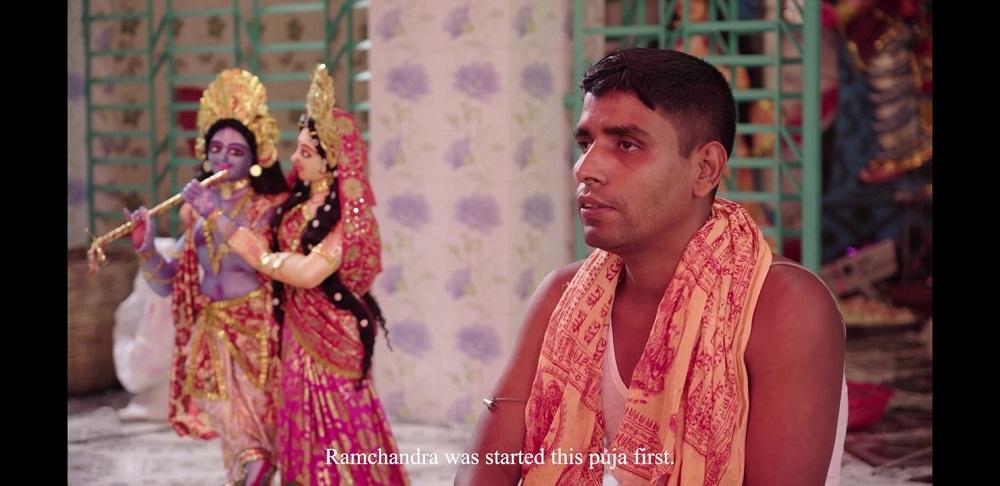
The river is not merely a conduit into a simpler, more harmonious past for every inhabitant. It roils with the burden of social tensions as well. Jadob Munda narrates the story of their lower caste community’s isolation—tracing it back to the mythic time of the Mahabharata—and how they have been forced to live in reduced circumstances since. Even as they seek to assimilate with the larger populations around them by attending their ceremonies and festivals, these efforts are mostly rebuffed and rarely reciprocated. Nilima Munda, Vice President of the Sundarban Adivashi Munda Songstha (Sundarban Adivasi Munda Organisation), is involved in more temporal struggles as she seeks to raise awareness of the violence committed against members of their community by local land-grabbers. A massive banyan tree, with its roots distributed in thick webs around its ancient trunk, stands as a patient witness to the passing of many generations and the willful changes in the river’s course, its filling up and subsequent drying. Rahman’s patient, observational takes grant audiences a sense that the natural environment is also being coopted into the cast of characters, narrating their own histories. The river speaks in many tongues, and The River of Partition catches the temperament of these differences.
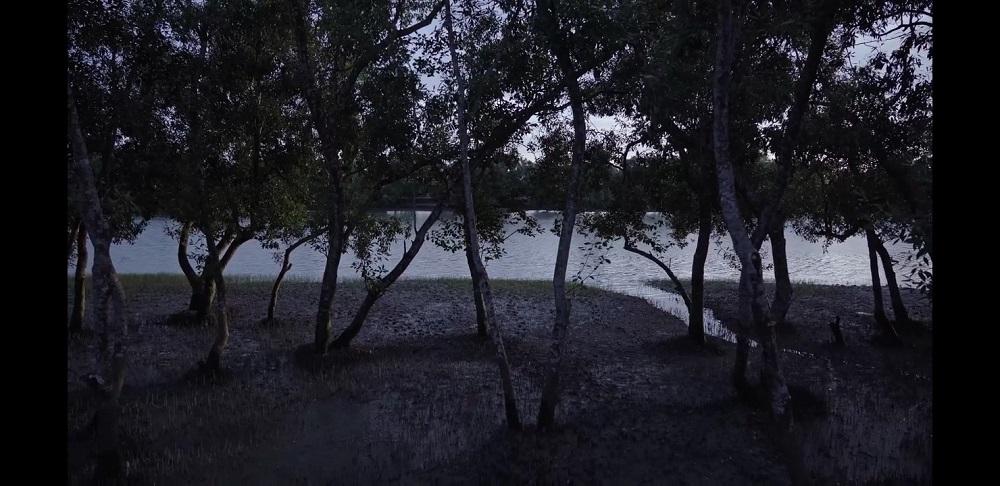
The River of Partition (Ichamati) was screened as part of the Kolkata People’s Festival, which took place between 24–28 January 2024.
To learn more about the films screened at KPFF 2024, read Shranup Tandukar’s review of Dhorpatan (No Winter Holidays, 2023), Ankan Kazi’s essays on In Search of Ajantrik (2023) by Meghnath and Kayo Kayo Colour? (2023) by Shahrukhkhan Chavada, Santasil Mallik's essay on And, Towards Happy Alleys (2023) by Sreemoyee Singh and Kamayani Sharma’s reflection on Meelon Dur by Megha Acharya (2023). You can also revisit the In Person conversations with Shahrukhkhan Chavada and Wafa Refai on their film Kayo Kayo Colour? and Nishtha Jain on her film The Golden Thread.
All images from The River of Partition (Ichamati, 2023) by Habibur Rahman. Images courtesy of the director and the Kolkata People’s Film Festival.




